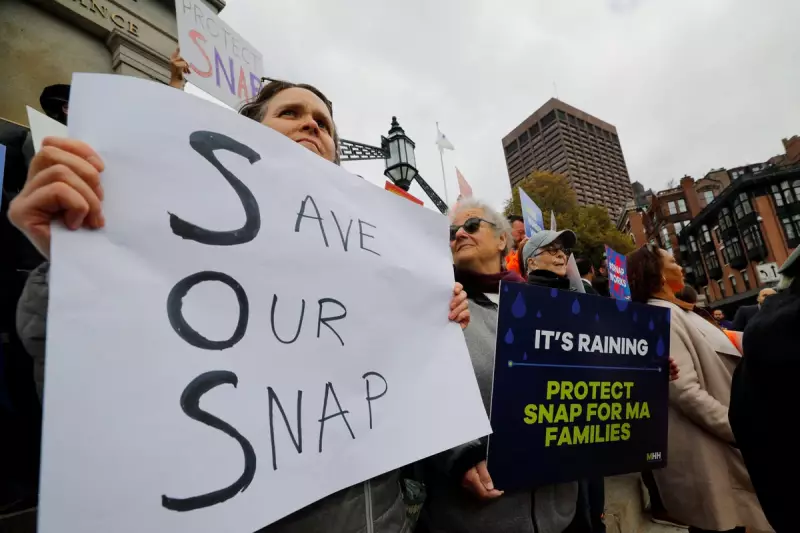
The Trump administration is facing significant legal backlash after attempting to implement sweeping cuts to the Supplemental Nutrition Assistance Program (SNAP), commonly known as food stamps, that would have stripped nearly 700,000 Americans of crucial food assistance during the ongoing pandemic.
Legal Challenge Mounts Against USDA
Three US states have launched coordinated legal action against the United States Department of Agriculture (USDA) following its controversial decision to terminate food stamp benefits for hundreds of thousands of vulnerable citizens. The lawsuit represents a major challenge to the administration's welfare reform agenda.
The proposed changes would have implemented stricter work requirements for able-bodied adults without dependents (ABAWDs), effectively removing nutritional support from approximately 688,000 individuals at a time when unemployment remains high due to COVID-19 economic impacts.
States Take a Stand
Attorney generals from multiple states have condemned the move as "cruel and irrational," arguing that eliminating food assistance during a national health crisis would exacerbate hunger and poverty. The legal complaint alleges the USDA violated administrative procedures by failing to properly consider the devastating consequences of their actions.
"At a time when millions of Americans are facing unprecedented food insecurity, the administration's attempt to slash vital nutritional support is not only morally questionable but legally dubious," stated one legal representative involved in the case.
Broader Implications for Food Security
This legal battle highlights the ongoing tension between welfare reform advocates and anti-poverty campaigners. The outcome could set important precedents for how future administrations approach social safety net programs during national emergencies.
Food banks and charitable organizations have expressed grave concerns about their capacity to handle increased demand if SNAP benefits are reduced, particularly as many have already seen donation levels decline during the economic downturn.
The case continues to develop as courts consider whether to block the implementation of the new rules pending full legal review.





